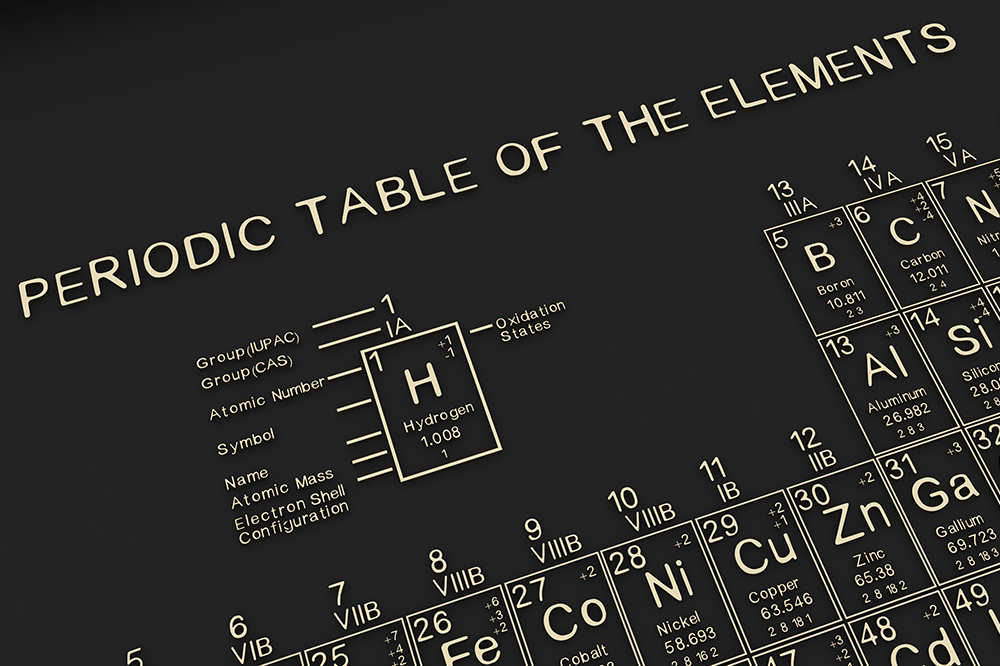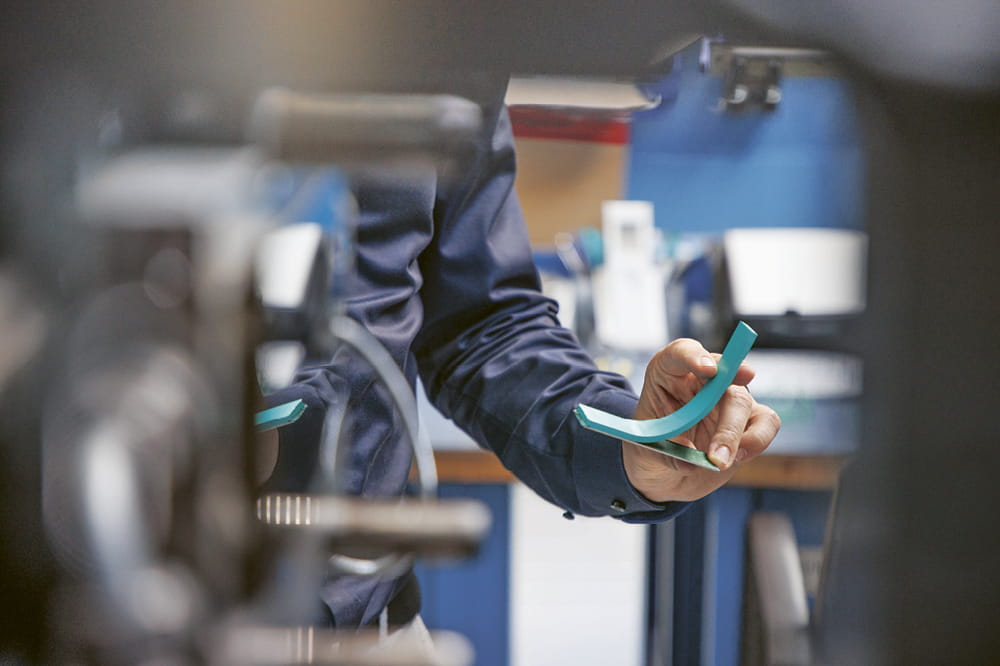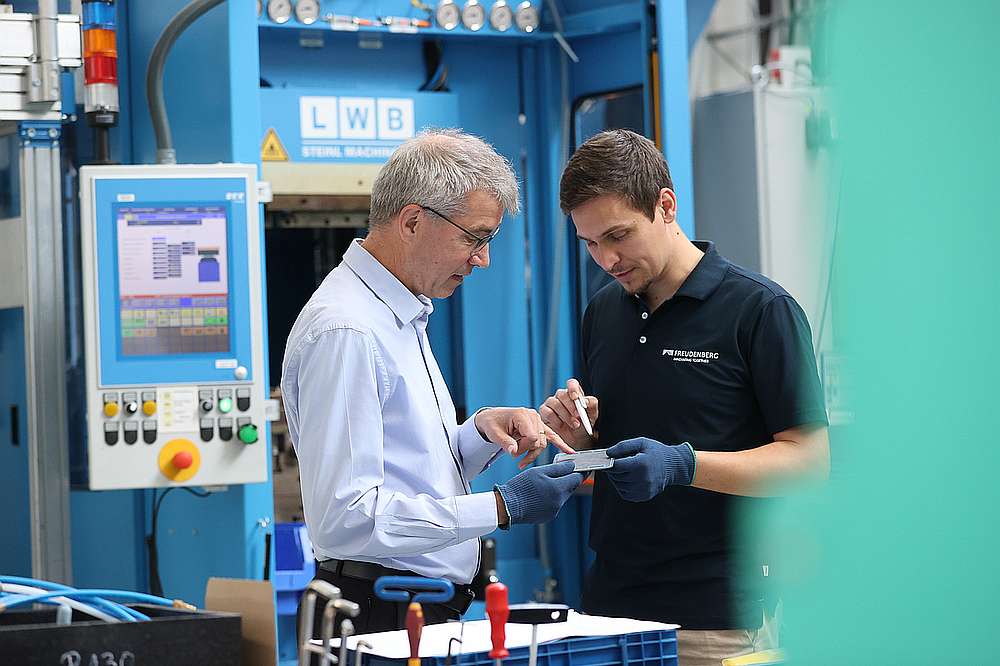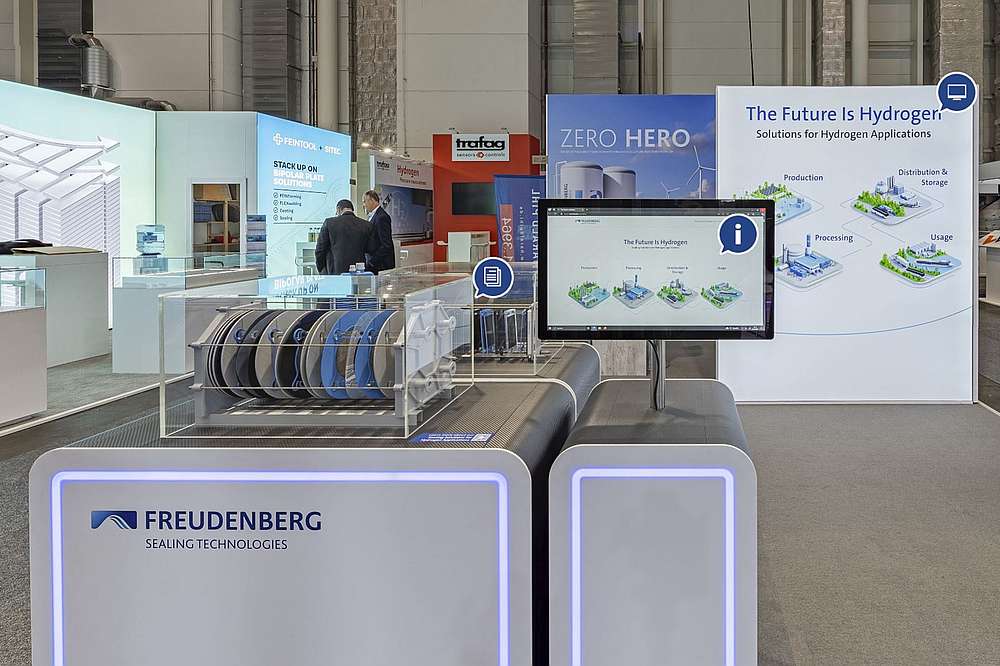Obtain news and background information about sealing technology, get in touch with innovative products – subscribe to the free e-mail newsletter.
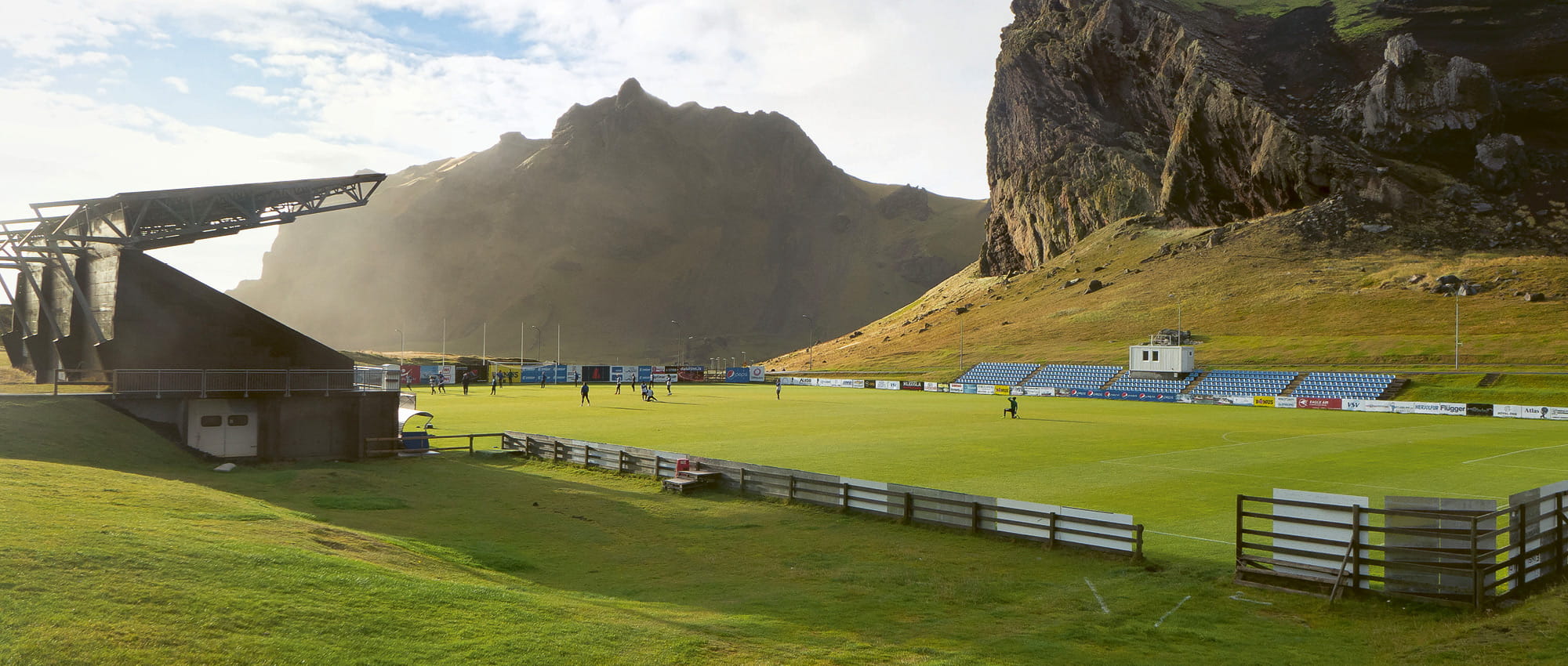
04.05.2021 | Story
Catapulted to the World’s Summit
A decade ago, Iceland wasn’t even ranked among the top 100 in the world’s soccer rankings. Since then, it has been the smallest nation to qualify for both a World Cup and a European Championship. The country has accomplished a great deal despite very few advantages. But how?
No Icelander will ever forget June 27, 2016. On that evening, a country with barely 350,000 inhabitants made headlines worldwide. Their origin was an event in Nice, southern France, where the Icelandic national soccer team saw to nothing less than a sensation. Gylfi Sigurdsson, Kolbeinn Sigthórsson and his comrades knocked England, the birthplace of the sport, out of contention for the European Championship in the round of 16. The England team, packed with international stars, seemed bereft of ideas and strategy against the well-organized Icelanders. They were a surprise even during the qualifiers for the final rounds. They defeated the team from the Netherlands twice and denied it eligibility to play for the Championship. The Dutch, who had come in third at the 2014 World Cup after all. Two years after that night in Nice, for the first time, the Icelandic team was on the grandest stage of all: the World Cup in Russia. Once again, the team was impressive in the qualifiers. The Icelanders again managed to defy the heavyweights. It is true they were knocked out in the preliminaries, but the Vikings were still able to come away with a 1:1 tie against the Argentinian team led by international star Lionel Messi and only lost to Croatia, the eventual runner-up, due to a goal in the last minute of play.
How can a tiny country with just 1 percent of the population of California field such a strong team? How could such a small football association, which was 131st in the world rankings in 2012, surge to the 18th spot in just six years. How can a pool of negligible size, consisting of just 3,000 players organized into clubs and just 100 professionals, stand up to the world’s elite? The answer is a good mental attitude, a strong concept and smart investments.
From a Summer to an All-Year Sport
The origin of the huge upswing in Icelandic soccer dates back to the turn of the millennium. Until then, Iceland’s national team was regularly knocked out in the qualifying rounds for the European Championships and the World Cup, and only a few players had brought it to international attention. So it’s no surprise that soccer would have played a minor role in Icelandic life. It was mostly seen as a summer sport, and as soon as the weather deteriorated and the chilly winds picked up on this North Atlantic island, soccer balls would lay inert on the cinder pitch. In the hopes of changing the situation, the national association began to invest in the basics – in part with television revenue, which the European Football Association (UEFA) distributes among its member clubs. The officials had a plan for investing these resources. They built artificial grass venues, some of which are heated, entered into joint projects with schools while investing in small fenced-in playing fields nearby and had large soccer halls built with artificial turf pitches. Seven indoor soccer fields, each standard-sized and complete with grandstands, were built by 2018. Six more had half of a standard pitch. The sports halls are open to anyone who wants to train, and they continue to build enthusiasm for the game. A foundation was laid to transform soccer from a summer activity to an all-year sport.
The key to Iceland's success has been the unmatched supply of qualified coaches training its young players.
Dadi Rafnsson – Youth Soccer Coordinator at Breidablik Kópavogur
Qualified Coaches
Then it was a matter of improving the level of play. The association made huge investments in training coaches. Between 2004 and 2018, more than 900 Icelanders earned a trainer license from UEFA. If someone wants to coach 10-year-olds in Iceland, the person needs to be an A-license holder and will generally be remunerated for the work. Compared to other European countries, proportionate to its population, Iceland has an unmatched supply of qualified coaches training its young players. This has been a key to the country’s success, says Dadi Rafnsson, who coordinated youth soccer at the first league club Breidablik Kópavogur for years. “I would say that we are world-class in the 6- to 14-year range. And in the older segments, we’re making a lot of good progress.”
The strange thing is that there are no professional soccer teams in Iceland. Even first league players have regular careers. If they are really good, they go abroad, often at a young age. That was the case for Gylfi Sigurdsson, the team’s current star. He left Breidablik for England as a teenager and made his breakthrough there. The 31-year-old now plays for Everton FC. He is one of the players who benefited from Iceland’s measures early on and donned the jersey of the national team. This golden generation was also the first junior national team to qualify for a European Championship in 2011 and hand the German team, including a few subsequent world champions, a 4:1 loss. That was the first bombshell, and the above mentioned would soon follow. Sociologist Vidar Halldórsson of the University of Iceland sees further factors at work that contribute to the success of Iceland’s national team. For all the professionalization around the team, he says soccer in Iceland held onto the valuable characteristics of amateur sport. In contrast to commercialized sport, intrinsic motivation, friendships and strong teamwork play a major role here. Since they are from a small nation, players know they have all 350,000 Icelanders cheering them on when they play in major events, which gives them a strong identity. That makes the national team more than the sum of its parts. It can punch beyond its weight. Icelandic soccer: a pint-sized sport with a growth spurt.
More news on the subject Sustainability

Join Us!
Experience Freudenberg Sealing Technologies, its products and service offerings in text and videos, network with colleagues and stakeholders, and make valuable business contacts.
Connect on LinkedIn! open_in_new